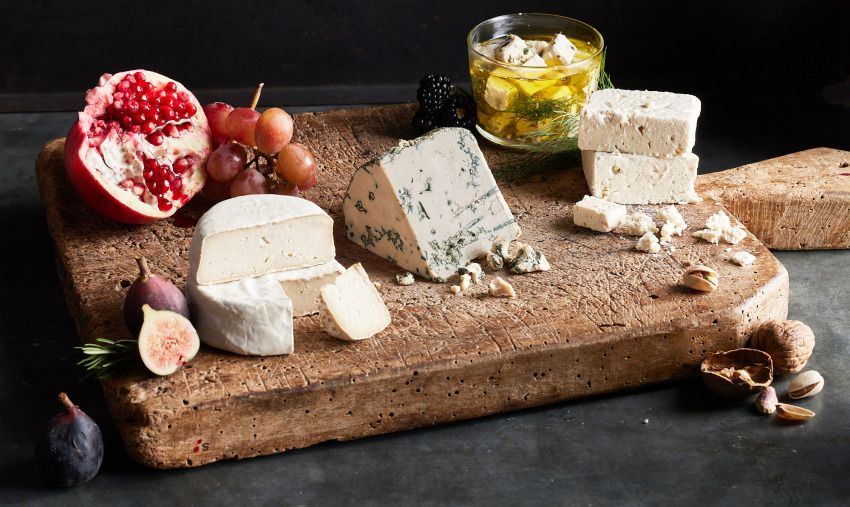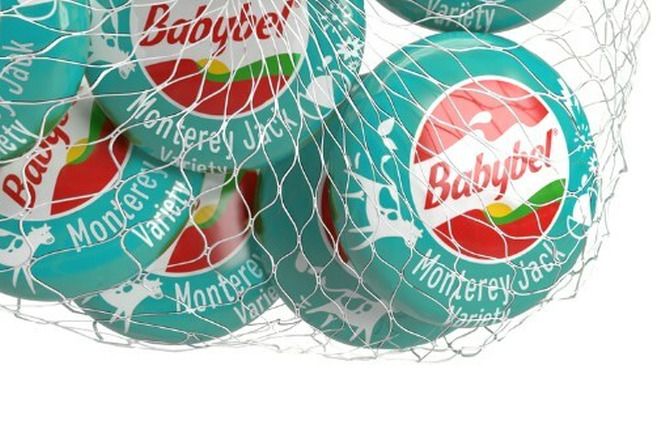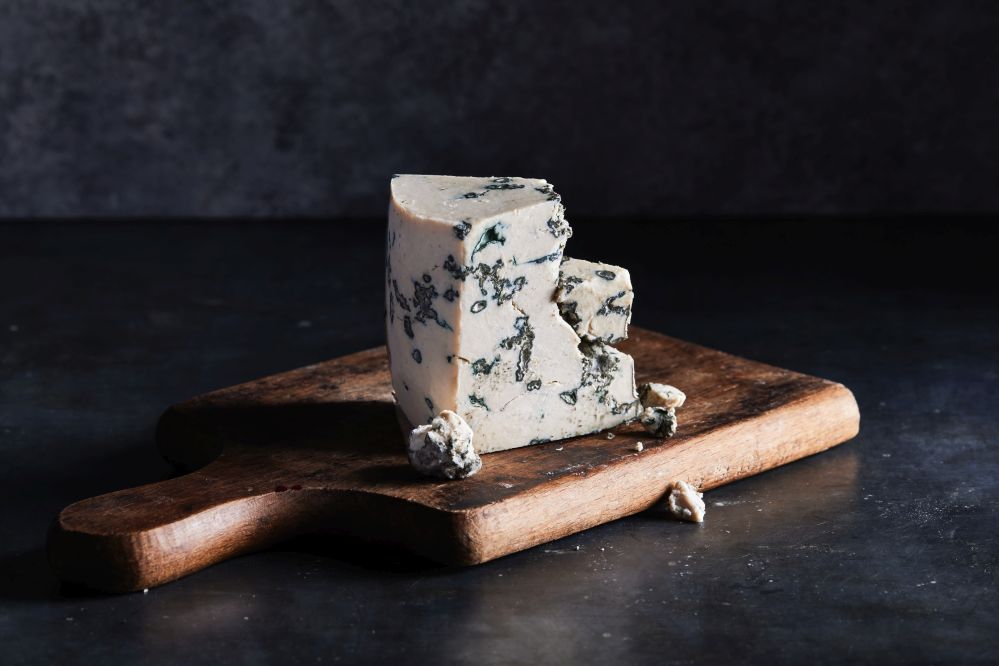Plant-based cheesemaker Climax Foods has secured bridge funding it claims will fund operations through the year-end after a challenging period in which it has furloughed staff to conserve cash.
Climax furloughed roughly half of its employees in December 2023 for three months, during which time they kept health care and other benefits but were ultimately laid off.
By August 2024, CEO Dr. Oliver Zahn—an astrophysicist who founded Climax Foods in 2019—told staff he needed to reduce employee salary burn by 80% through the end of the month. This would be through a mix of furloughs, unpaid time off, and voluntary salary reductions, leaving a handful of full-time staff to run the business vs a peak of over 35 people, one former employee told AgFunderNews at the time. “Things are dire. Their existence hangs on a term sheet they hope comes through quickly.”
Zahn told us this week: “We have raised bridge funds from existing investors to extend our runway to next year. As we close the round and money is coming in, we’re bringing people back from furlough, with three already returning next Monday. In line with the evolution of the company from largely R&D to multiple commercial rollouts phase, we are also restructuring and hiring for new roles on the commercial side.”
Restructuring to come: ‘We will be on the lookout for a strong commercial lead’
To date, Climax Foods has raised around $26 million from investors including At One Ventures and Climate Capital, plus an undisclosed sum from Bel Group. However, it does not have a board and has not had a priced round yet.
According to Zahn: “We’re doubling down on the highest ROI initiatives in the company. We’re assembling a board with this term sheet, as right now it’s just me with a lot of advisors as we have not yet raised a priced round. We’re creating a more formal board with the conclusion of this round.”
Asked whether he would remain in the CEO role, Zahn said: “TBD. In line with the commercial trajectory, we will be on the lookout for a strong commercial lead at the exec level, so I can focus on science and vision.”
He added: “When all the money’s in, we will have about 2.5-3 years of runway, and we have aggressive plans with our partners to get to breakeven (profitability) well within that time frame.”

Partnership with Bel Group still on track
Climax Foods started supplying a small number of restaurants with its signature blue cheese last year and has recently started supplying select online retailers and brick-and-mortar retailers from its plant in Petaluma, California. It also has a partnership with Bel Group—the multinational firm behind cheese brands Babybel, The Laughing Cow, and Boursin—to develop plant-based versions of its iconic brands, starting with Mini Babybel.
Like many foodtech startups forged at a time when money was cheap and interest in alt protein was sky-high, Climax Foods has struggled to raise funds in the current climate, with investor enthusiasm dampening as high-profile players such as Eat Just and Beyond Meat have failed to live up to early expectations.
Former employees at the firm have also argued that Climax is losing money on every wheel of blue cheese it sells, and that economies of scale are “not enough to make the unit economics add up” — a claim Zahn strongly denies.
“Overall as a startup we are not profitable yet,” he said. “But as part of a leaner strategy where we’ll scale to 5,000 pounds per month at our facility in Petaluma, we will be producing the cheese with 40% gross margins.”
Climax Foods’ partnership with Bel Group remains on track, claimed Zahn.

Plant-based casein
Asked about claims by former employees that Climax Foods’ plant-based casein ingredient — billed as a gamechanger for the alt dairy industry — is not scalable, he said: “We’re not planning on using that protein for the initial BabyBel launch, we’re using other proteins, but it’s inaccurate to say it’s not scalable.
“The process is extremely scalable. We just had two scaleup trials that were extremely successful, and we have two massive scaleup partners that want to help us because the economics are so strong.”
To make its plant-based casein, Climax isolates and then functionalizes storage proteins that are present in several seeds and legumes, but are found in the highest levels in plants Zahn says are “not grown on a very large scale currently.”
According to one former employee: “It’s a great ingredient, but I think it’s probably two years away. So we made a pivot, thankfully, on the Bel cheese and focused on other protein sources that didn’t rely on the plant-based casein.”
As for the ongoing work with Bel, the former employee added: “It’s still a long time before any of that revenue kicks in. Bel has to do shelf-life studies, scaled trials, supplier validations. And so realistically, I can’t see products going to market until the end of 2025 in the very best-case scenario.”
‘Food is not like software, you can’t just push a button and it happens’
One former employee added: “Everyone is passionate about the products, but food is not like software, you can’t just push a button and it happens. There’s a difference between being able to make something to show investors or take to a trade show versus something that is scalable in a food manufacturing environment.
“I think that’s been part of the struggle to raise a series A, series B. You can do a lot of SAFE notes, but for a series A round, series B round, investors are going to want to drill down into the unit economics.”
Another ex-employee told us: “The products are very good because Oliver won’t compromise on taste, so we’d work with artisanal cheesemakers and it was a case of don’t worry about the process, about the ingredients costs, or the labor. But that approach is not scalable. The company talks about technology a lot, but the cheeses were really made by talented cheesemakers, not AI, and they were costing a lot more to make that what we could sell them for.”
The source added: “All of the things that Oliver talks about are possible… over time, but this is what can happen where there’s no board and no oversight.”
According to Zahn: “Lots of companies that are now successful were days or weeks from running out of money. It’s just there are unfortunately macroeconomic cycles and investor interest cycles and food is right now not at the strongest point.”
He added: “At every company I’ve ever worked for reorgs and layoffs happened almost every year, but unlike those companies, we at Climax did furloughs vs layoffs/rehires specifically to preserve our excellent benefits for our colleagues. We have very supportive investors and mission aligned individuals and hopefully will emerge from this even stronger.”
Further reading:
Plant-based cheesemaker Climax Foods disqualified from Good Food Awards on eve of awards ceremony





